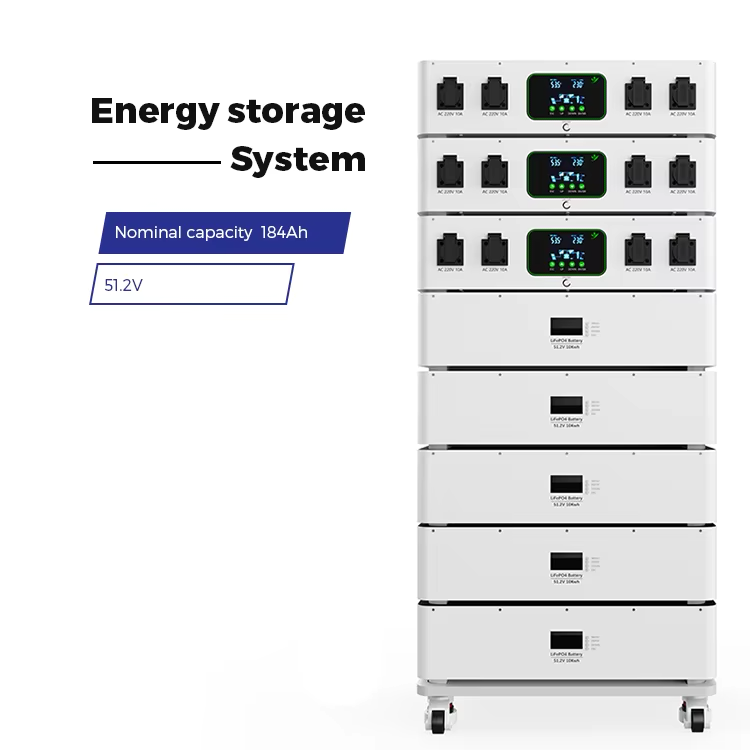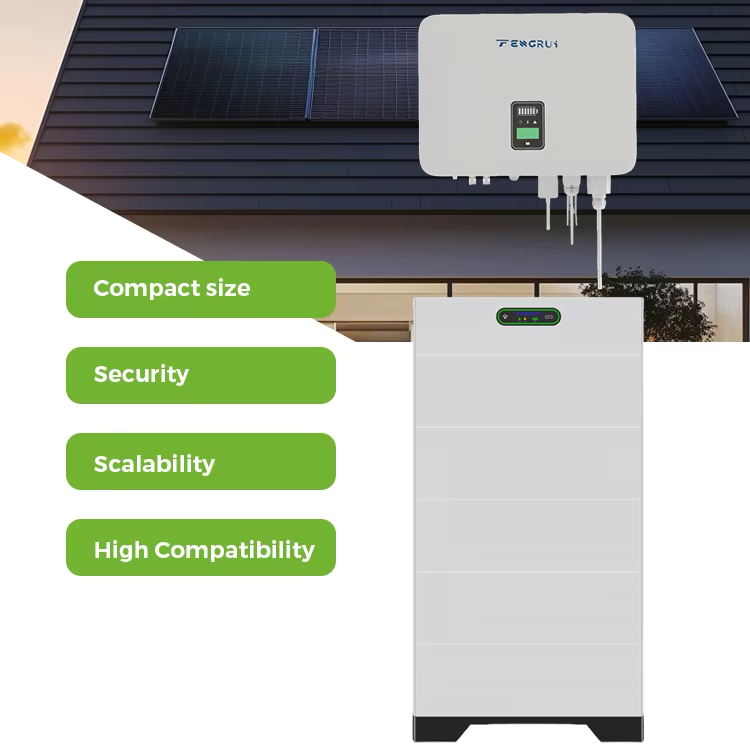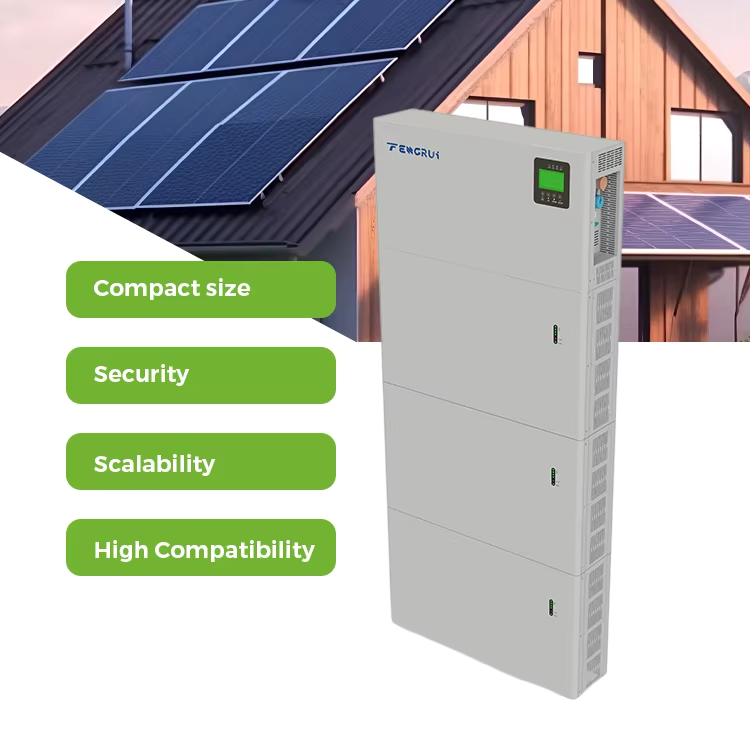solar panels for home
Solar panels for home represent a revolutionary advancement in residential energy solutions, offering homeowners a sustainable and cost-effective way to generate their own electricity. These sophisticated systems consist of photovoltaic cells that convert sunlight into usable electrical power through a seamless process. Modern home solar panels feature advanced silicon-based technology that achieves conversion efficiencies of up to 23%, maximizing energy production even in varying weather conditions. These systems typically include monocrystalline or polycrystalline panels, power inverters, and monitoring systems that provide real-time performance data. The panels are engineered to withstand diverse weather conditions and typically come with 25-30 year warranties, ensuring long-term reliability. Installation options include roof-mounted arrays, ground-mounted systems, or solar tiles, accommodating different property layouts and aesthetic preferences. These systems can be configured as grid-tied installations, allowing excess power to be fed back into the utility grid, or as off-grid systems with battery storage for complete energy independence. The technology has evolved to include smart features such as individual panel monitoring, automated maintenance alerts, and integration with home energy management systems.


